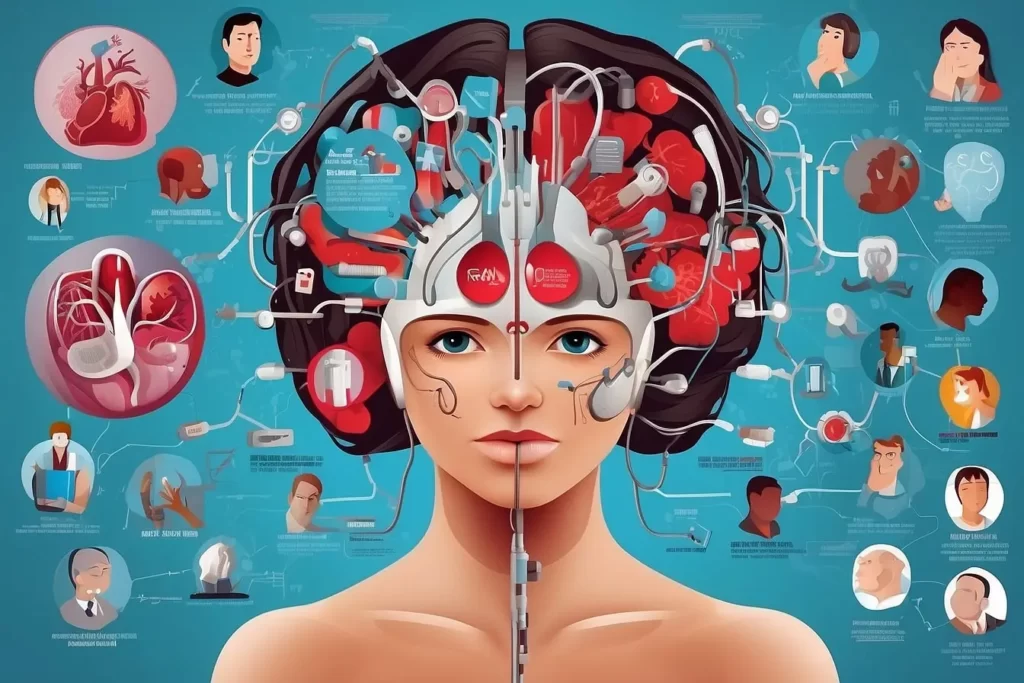
The Future Facing Problems Challenges of Tomorrow
In an ever-evolving world driven by technology and innovation, we are confronted with a multitude of challenges and problems that shape the future of our society. These “future-facing problems” encompass a wide range of issues, from the impact of climate change to the ethical implications of artificial intelligence. This article delves into some of the most pressing concerns we will face in the years to come.
I. Climate Change and Environmental Sustainability
A. Rising Global Temperatures
One of the most prominent future-facing problems is climate change, driven by the increase in greenhouse gas emissions. Rising global temperatures lead to more frequent and severe weather events, threaten ecosystems, and disrupt agricultural systems.
B. Loss of Biodiversity
The loss of biodiversity is a significant concern. Human activities, such as deforestation and pollution, are driving species to extinction at an alarming rate. This loss not only threatens the ecosystems themselves but also human well-being.
C. Resource Depletion
As the global population continues to grow, the depletion of essential resources, such as freshwater and arable land, becomes a critical issue. Ensuring sustainable resource management is paramount for the future.
II. Technological Advancements and Ethics
A. Artificial Intelligence and Automation
The rise of artificial intelligence and automation poses ethical questions regarding job displacement, privacy, and the consequences of autonomous decision-making. Striking the right balance between technological advancement and ethics is a significant challenge.
B. Data Privacy and Security
As technology continues to advance, protecting sensitive data becomes increasingly complex. Privacy breaches and cyberattacks pose serious threats to individuals and organizations, requiring robust cybersecurity measures.
C. Biotechnology and Genetic Engineering
Advancements in biotechnology and genetic engineering raise concerns about the ethical implications of manipulating genes and altering human nature. Issues related to designer babies, gene editing, and cloning necessitate careful consideration and regulation.
III. Healthcare and Pandemic Preparedness
A. Emerging Infectious Diseases
The COVID-19 pandemic highlighted the need for better preparedness against emerging infectious diseases. Global coordination, vaccine development, and healthcare infrastructure are essential aspects of pandemic readiness.
B. Access to Healthcare
Ensuring equitable access to healthcare is an ongoing problem, especially in low-income regions. Bridging the healthcare gap and addressing disparities in health outcomes are crucial for the future.
C. Aging Population
The global population is aging, leading to increased healthcare demands and the need for elder care. This demographic shift poses significant challenges for healthcare systems and social support structures.
IV. Global Politics and Geopolitical Tensions
A. Climate Diplomacy
Addressing climate change requires global cooperation and diplomacy. Finding common ground and committing to sustainable practices is a formidable challenge in international politics.
B. Cybersecurity Threats
Cyber warfare and threats in the digital domain are growing concerns for nations worldwide. Developing international norms for responsible behavior in cyberspace is essential for maintaining peace and stability.
C. Emerging Powers
The rise of emerging powers in geopolitics, such as China and India, challenges existing international dynamics and power structures. Managing these shifts and ensuring stability is an ongoing issue.
V. Social and Cultural Dynamics
A. Inequality
Addressing various forms of inequality, including income inequality, racial disparities, and gender discrimination, remains a complex societal issue. Achieving a more equitable future is a pressing concern.
B. Mental Health
Mental health issues are on the rise, with the stressors of modern life taking a toll on individuals. Promoting mental well-being and reducing the stigma associated with mental health problems are crucial.
C. Cultural Identity
As the world becomes more interconnected, preserving cultural identities and traditions becomes a challenge. Striking a balance between global integration and cultural preservation is essential.
VI. Education and Skills
A. Lifelong Learning
The rapid pace of technological change necessitates a shift towards lifelong learning. Ensuring that individuals can adapt and acquire new skills throughout their lives is critical for future employability.
B. Digital Divide
The digital divide, characterized by unequal access to technology and information, hampers educational opportunities for many. Bridging this gap is essential for equitable education.
C. Future-Proofing Education
Reforming educational systems to prepare students for the jobs and challenges of the future is a formidable task. This includes fostering critical thinking, problem-solving, and digital literacy.
VII. Infrastructure and Urbanization
A. Aging Infrastructure
Many cities and regions are grappling with aging infrastructure systems, including transportation, water, and energy. Upgrading and maintaining these systems are vital for urban sustainability.
B. Urban Planning
The rapid urbanization of the world’s population presents challenges in terms of urban planning, affordable housing, and creating livable cities. Balancing growth and environmental sustainability is a complex endeavor.
C. Energy Transition
Transitioning to clean and renewable energy sources is a necessity for mitigating climate change. However, the infrastructure and investment required for this transition pose significant challenges.
VIII. Space Exploration and Cosmic Threats
A. Space Debris
The increasing presence of space debris poses a threat to space exploration and satellites. Developing effective methods to mitigate and remove space debris is essential for the future of space activities.
B. Planetary Defense
Protecting Earth from potentially hazardous asteroids and comets is a growing concern. Developing strategies and technologies for planetary defense is an important area of research and development.
In conclusion, the future-facing problems outlined in this article are complex and multifaceted, requiring concerted efforts from governments, institutions, and individuals. Addressing these challenges is not only essential for the well-being of our planet but also for the progress and prosperity of future generations. The key to a better future lies in our ability to adapt, innovate, and collaborate in the face of these daunting issues.






